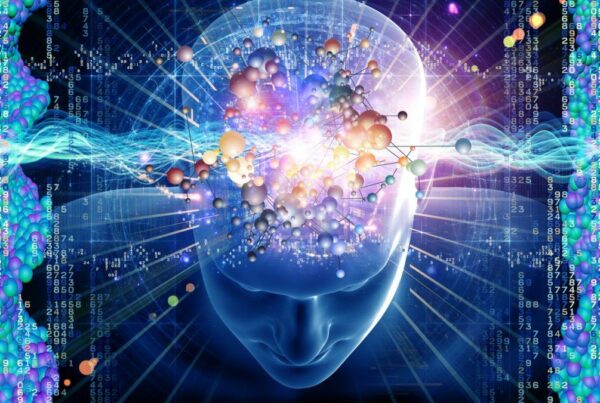Over two million years ago the Australopithecus, was naturally selected for evolution because of their bipedal ability to run on two feet. Over the passage of time, human anatomy was honed into more efficient, uniquely qualified traits that favored endurance running.
“Running has substantially shaped human evolution. Running made us human – at least in an anatomical sense. We think running is one of the most transforming events in human history. We are arguing the emergence of humans is tied to the evolution of running,” said University of Utah biologist Dennis Bramble in an interview with Science Daily.
The basic action of running is intrinsically wired to the brain. Researchers at the University of Maryland, US, also found that running stimulates the brain’s tissue growth. Additional research has shown the positive effects of running on increasing the health and production of grey matter in the brain (i.e., neuronal cells that affect hearing, seeing, memory, emotions, speech, decision-making and more).
We have come a long way from our ape-like ancestors that used their rudimentary running skills to scavenge for prey. The human species has undergone a complete head-to-toe transformation with adapted physical features made for more refined endurance running, and our brains are light years ahead, finding new ways to simplify and streamline the human existence without additional physical effort.
So, how can running and its relationship with our brain help in our further evolution? “We do know that physiological factors are involved in running and underlie neural function. Multiple themes about running are discussed in this article, including neurogenesis, neural plasticity, and memory enhancement. Aerobic exercise increases the anterior hippocampus size. This expansion is linked to the improvement of memory, which reflects the improvement of learning as a function of running activity in animal studies. Higher fitness is associated with greater expansion, not only of the hippocampus but of several other brain regions,” said Dr. Jay Schulkin in a special report.
As we continue to shift over time, it is easy to assume a direct correlation to the continued evolution and success of our species thanks to in no small part to large factions of the global population being dedicated to the pursuit and pleasure of running. It is our instinctive nature to run and move our bodies that propels us to our best futuristic selves.











